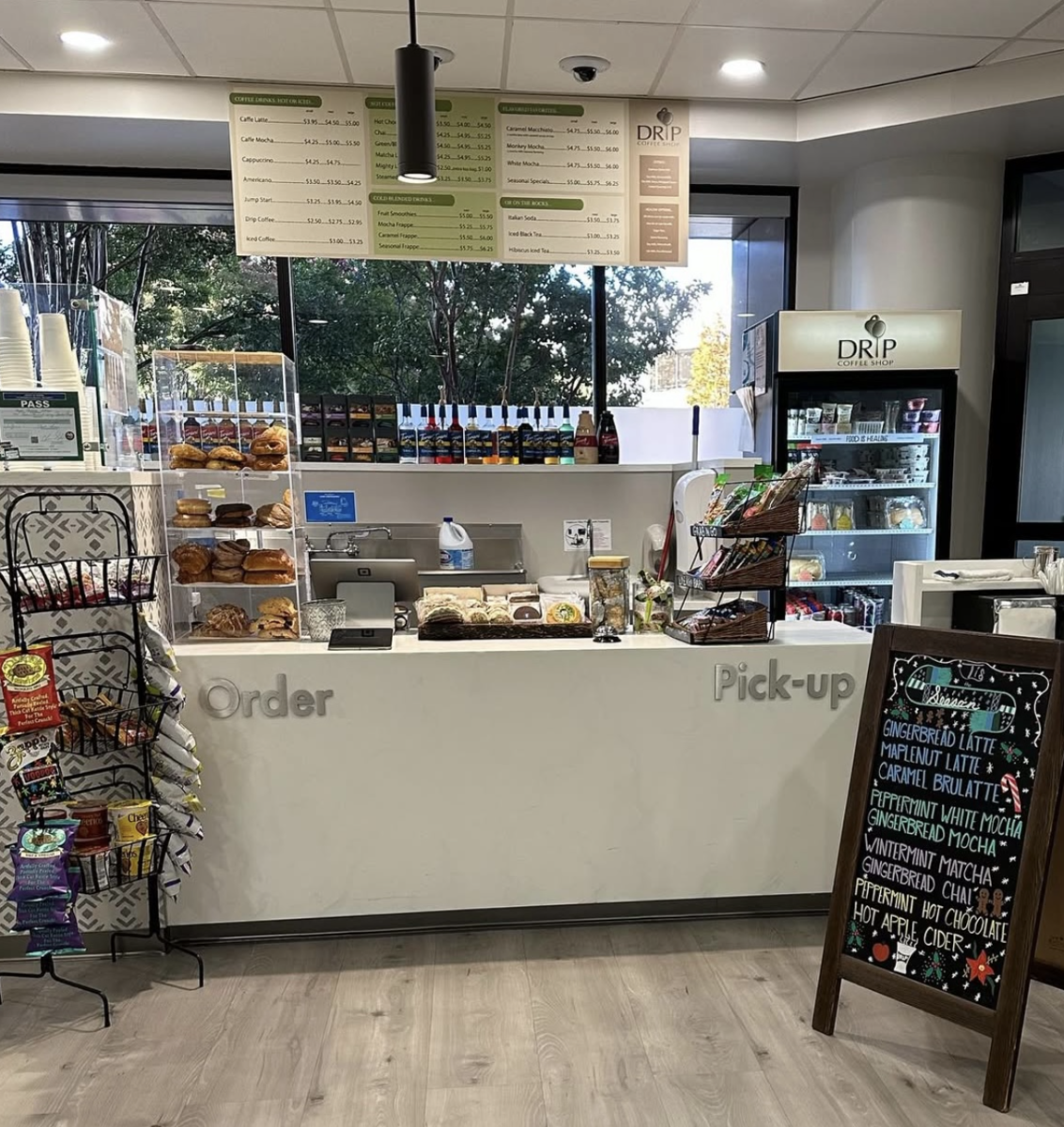Since before the COVID-19 pandemic, Cuesta College faculty have been discussing and developing a potential 16-week semester calendar. According to Cuesta College faculty and staff, the conversation of creating a new academic calendar has been in the works for over a decade. After a long pause due to the pandemic, Cuesta College faculty are exploring a new alternative for the existing 18-week calendar, and figuring out what will need to be done to bring it to reality. Over the past two weeks, faculty have been gathering and discussing potential calendar and class layouts, and how these new changes will look for teachers as well as students.
One of the key differences faculty discuss about student life with the 16-week calendar is that because terms are shorter, classes are about 5-15 minutes longer. While the 16-week calendar has students staying in class longer, faculty find overall shorter terms to be an extremely positive change for students.
“I think the biggest positive impact for students is that the semesters will be shorter,” says Cuesta College Instructor and Faculty Union (CCFT) President Greg Baxley. “This means that students will have a bigger opportunity to work outside of classes and maybe do internships or other meaningful jobs to save up money.”
Baxley also addressed a drawback: if classes start later than usual, students taking night classes will have to stay on campus longer.
“If your classes are 7 to 9 at night, making it seven to 9:15 at night can be difficult because that’s prime time for people in a lot of ways,” he said.
Other faculty at Cuesta College believe that shorter terms help students during the school year as well.
“I think shorter terms are better for students in the long run,” said Jason Curtis, Cuesta College’s vice president of instruction. “We expect to see small increases in student success on a course-by-course basis. I’ve had the pleasure of teaching a number of shorter, more intense courses back when I was a faculty member. It just feels like it’s easier for students to really engage and focus the shorter the class gets.”
With the change in the academic calendar, Cuesta College faculty are also developing new course start and end times to limit class overlap.
“The goal is for us to come up with a common start and end times,” Baxley said. “So that students can move more seamlessly from one class to the next without having different breaks.”
Alex Kahane, a chemistry teacher and Cuesta’s Academic Senate president, explained how a new set class schedule minimizes overlapping classes, making this a positive change for students.
“There’s nothing worse than a student who finishes one class and can’t enroll in another class because they have 20 minutes of overlap,” Kahane said. “What this is going to do is with these fixed time slots that courses are going to be offered, we can feel confident that if we are scheduling a class time in this particular block, we know that when students finish a class, there are more class time options that follow that class. Students will be able to move from one class to another because they no longer have to worry about a lot of overlap.”
Faculty have also been discussing the idea of a “College Hour” within the 16-week semester plan, which would be a short block of time every week when most classes would not be scheduled.
“Most students and staff and faculty would be able to have meetings or club activities, or we could have, potentially, a guest speaker on campus and have more people in attendance,” Baxley said. “It would be a time where all students could see each other on campus.”
Baxley also explained how some drawbacks to College Hour would be scheduling issues due to multiple events happening in the same hour, as well as having limited food services on campus. Cuesta College faculty are open to the idea, but would need to solve some scheduling and logistics issues. The College Hour would need to be navigated and improved each semester.
Academic Counselor and Interim Division Chair for Student Services Heidi Webber explained how switching the academic calendar and class schedules is a change positively focusing on the students, and how this plan benefits their time at Cuesta College.
“As a college, we are trying to be intentional about how we’re scheduling and making it possible for a student to create a schedule and to actually take a full load within less days, and doesn’t leave giant gaps or overlaps”, says Webber. “From my perspective, it’s huge that the college as a whole is saying how we want to make this work for students.”
For more information about the development of the 16-week academic calendar, visit the Cuesta College website.










